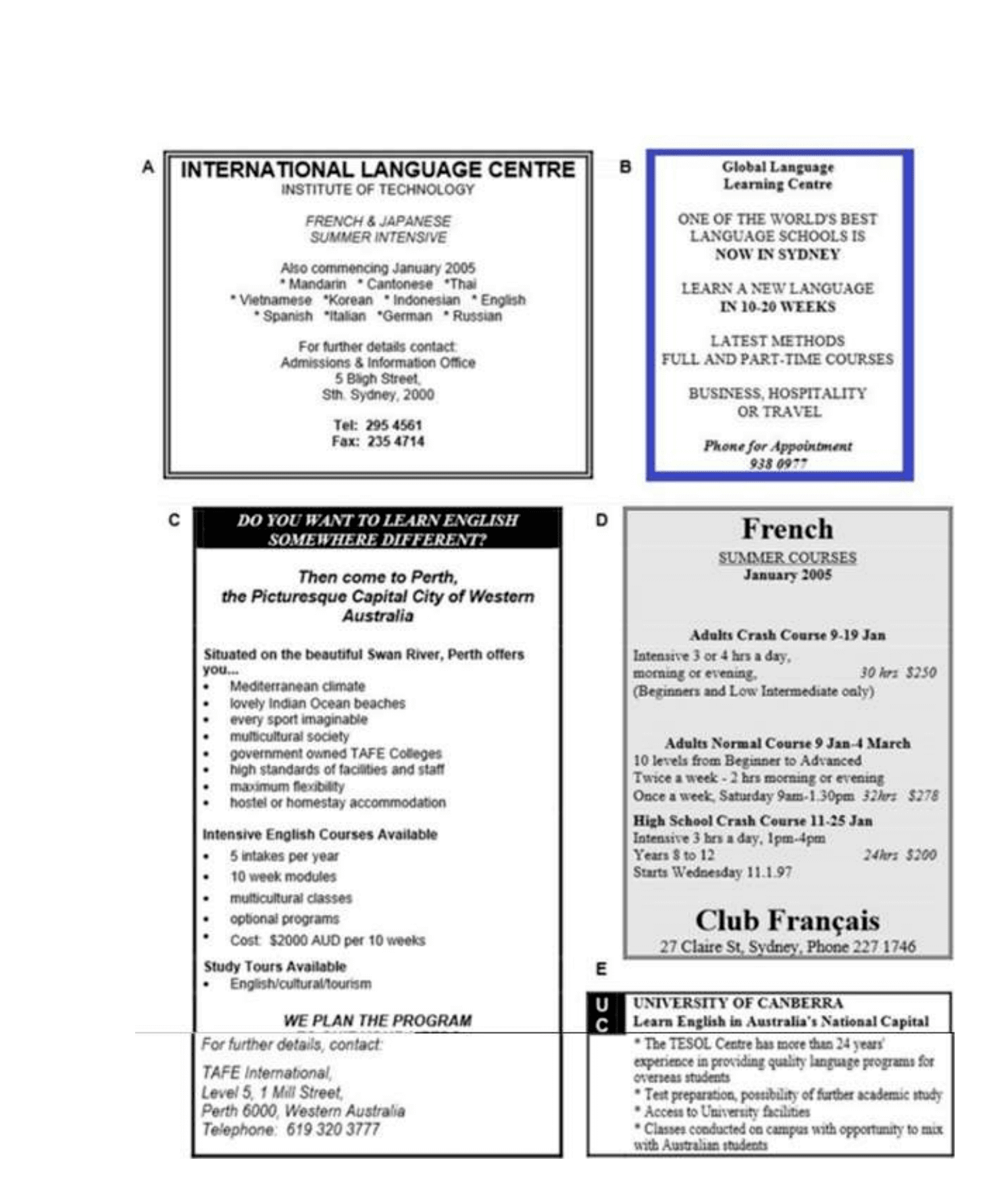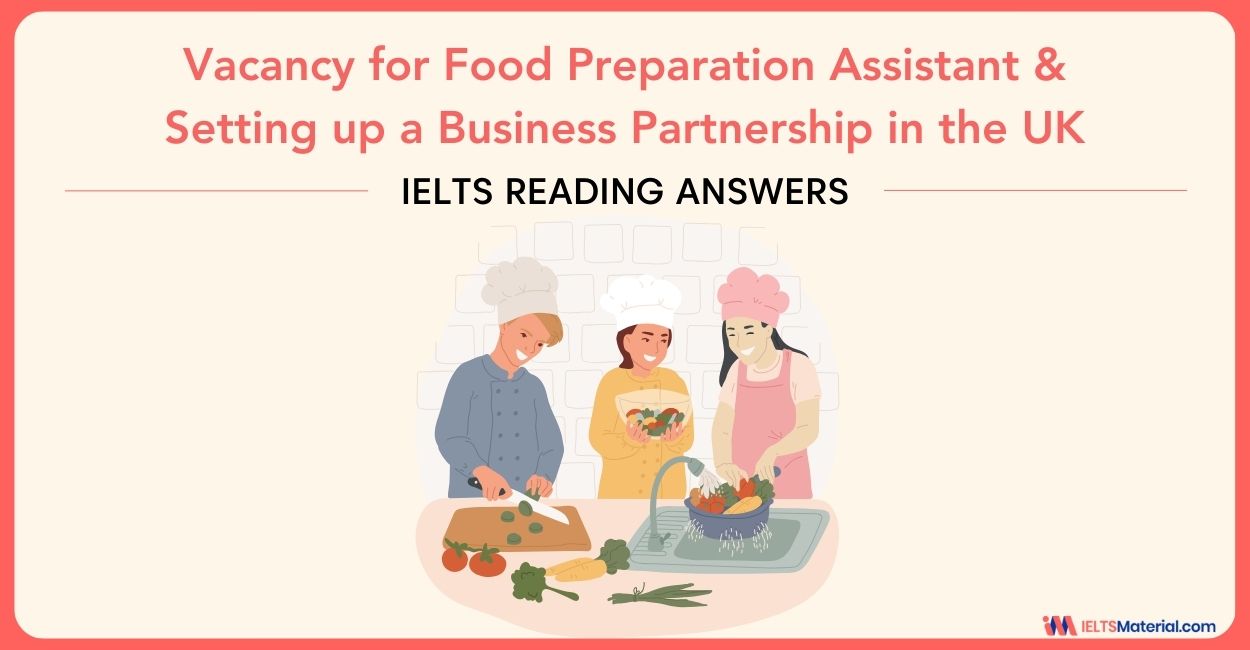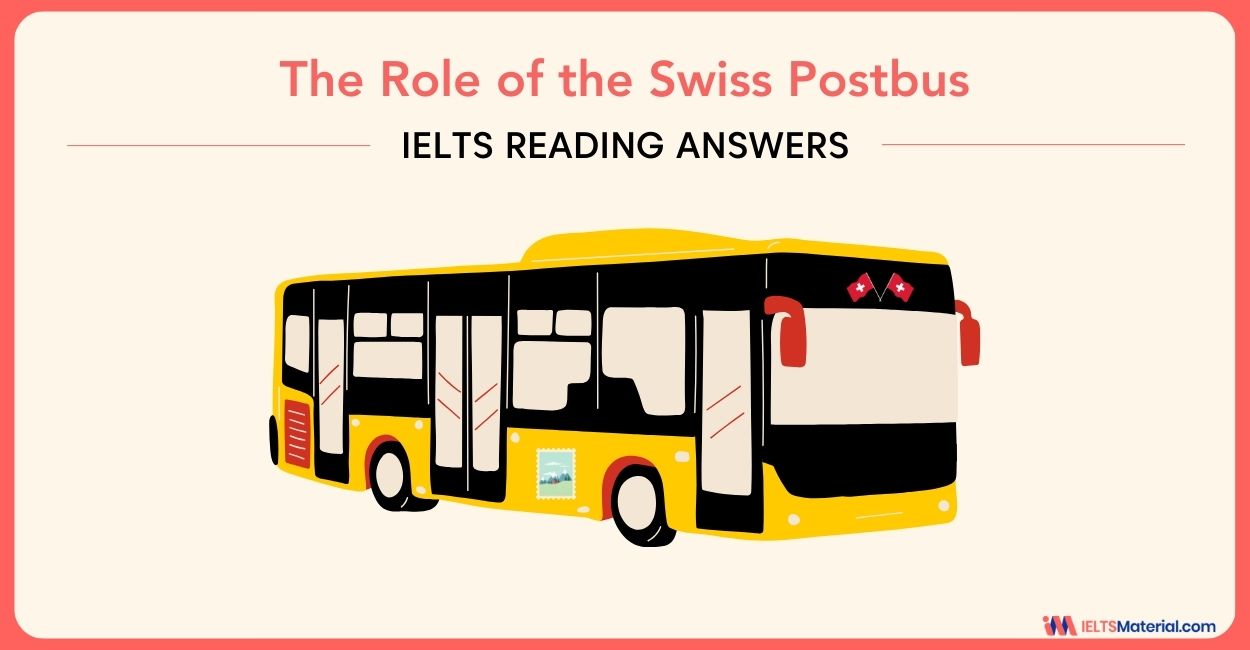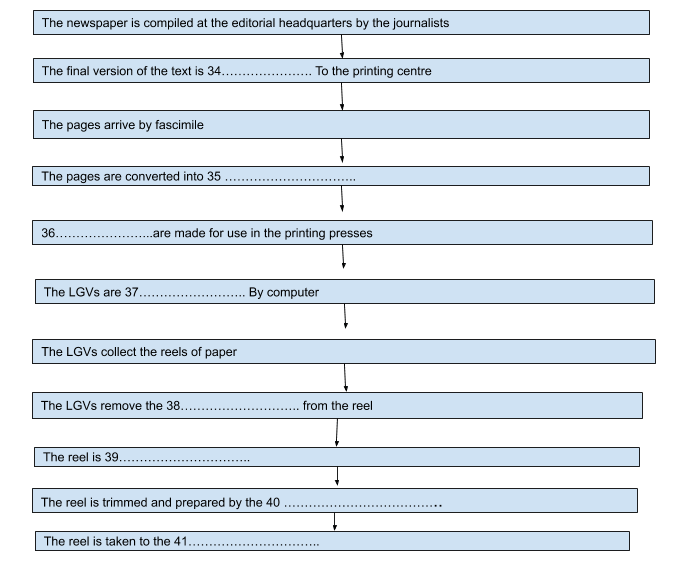Student Loans and Robots At Work | IELTS General Reading Practice Test 17 with Answers
12 min read
Updated On
-
Copy link
Attempt the Student Loans and Robots At Work | IELTS General Reading Practice Test 17 with Answers and get a band score in real time. Prepare yourself to get the desired score in the exam
Table of Contents

Limited-Time Offer : Access a FREE 10-Day IELTS Study Plan!
In the IELTS exam, one of the most difficult sections would be IELTS Reading. With diligent practice and preparation, you will be able to ace the IELTS General Reading section. The test consists of 40 questions and 3 Sections where you will get only 60 minutes to attempt. In the Reading practice test on Student Loans and Robots At Work, you will be able to get familiarised with the reading pattern.
Ideally, you should be taking 20 minutes to attempt one section. To practice more, you can do so with the IELTS General Reading Practice Tests where you will be able to strategise for different types of questions.
Reading Passage 1
Questions 1 – 8
A International Language Centre
B Global Language Learning Centre
C Tafe International
D Club Francais
University of Canberra
Which advertisement means
1 Up-to-date teaching systems?
2 That the institution has been established for a significant time?
3 Examination results?
4 That arrangements can be made for activities outside class?
5 The availability of courses for school students?
6 Language teaching for special purposes?
Which TWO advertisement mentions
7 A wide variety of language choices
8 Evening classes?

Questions 9 – 13
Read the notice about road works below. In boxes 9 – 13 on your answer sheet write:
TRUE if the statement is true
FALSE if the statement is false
NOT GIVEN if the information is not given in the notice
9 The road will be closed for two days and not re-open until Monday
10 The road will be open as far as little street
11 Work on the road will continue each weekend for the next month
12 Temporary traffic lights will operate at intersections with main street.
13 There will be bus services to the University throughout the weekend.
MAIN STREET, GATTON RE- DEVELOPMENT
ROAD WIDENING TO AFFECT WEEKEND TRAFFIC AND BUS SERVICES TO THE UNIVERSITY CAMPUS
The next stage in the re-development of the roads in the town of Gatton will mean that Main Street will be closed between Little and Denning streets from 6am on Saturday, 12 August to 6pm on Sunday, 13 August. The intersections of these streets with Main Street will not be affected.
We expect that the work will be completed at this time without further disruption to traffic.
Motorists should note that Main Street will be closed over the weekend during the hours indicated. No University bus services will operate through the area between Little and Denning streets. However, alternative services will operate on bus routes 566 and 45 between Gatton road, the town centre and the university.
The transport and Roads Department apologises for any inconvenience caused while improvements are in progress.
Also check :
- Tips to Improve IELTS Reading Skills
- IELTS Reading Practice Test
- True False Not Given IELTS Reading
- IELTS Reading recent actual test
- IELTS Academic Reading test papers with answers pdf
- IELTS General reading practice test
Reading Passage 2
Questions 14 – 17
Read the notice on the following page about Student Clubs and Societies. The notice has four main paragraphs A-D. Choose the most suitable heading for each paragraph from the list of headings below
Write the appropriate numbers i-x in boxes 14- 17 on your answer sheet.
List of Headings
i English Society
ii Education club
iii Film appreciation Society
iv Drama Society
v Music Club
vi Games Society
vii Women’s club
viii Debating club
ix United Nations student club
X Technical Students’ Club
14 Paragraph A
15 Paragraph B
16 Paragraph C
17 Paragraph D
Questions 18 and 19
18 How do you let the CAS President know you are interested in joining a club?
19 How often is the CAS Ball held?
STUDENTS CLUBS AND SOCIETIES
Desperate to find friends with common interests?
Urgently in need of student contacts around college?
Looking for different cultural and religious experiences?
Wanting some good discussion?
Don’t look any further?
JOIN A CLUB OR SOCIETY AND HAVE FUN
- This club was first started by a group of friends who enjoyed going to the cinema. When our trips became more frequent we realised that there must be others who also shared our love of movies. This club is for those people. Membership gives wide access to other activities like basketball and football as well as barbecues and other social functions. We don’t just enjoy movies.
- The association has many opportunities to debate and we are a non-political unbiased international organisation which aims to promote international awareness on campus. We establish links and access to the organisation’s agencies and other internationalist organisations and their resources. Our plans this year include discussion groups, guest speakers and to build a model of the UN General Assembly.
- Whether for fun or debating experience, we discuss everything from personal experience, future society or feminism. This year we plan an internal competition, weekly debates and beginners lessons as well as chances to complete nationally. Whether it be to improve your verbal or social skills the society provides both!
- Want to be a movie star? Then go somewhere else! On the other hand, want to work really hard for great rewards? Then come and join the club where the interesting theatre is created. We usually put on three productions each year. So if you like to write, paint, act, direct or do anything in the theatre, come put your name down with us.
If you are interested in joining any of these clubs, you can leave a message for the President at the CAS Office in the student union building. And don’t forget the CAS Ball is an annual event! This year it’s being held on 22 December!
It is possible for some students in Higher Education in Britain to borrow money through a government scheme. These loans are called ‘student loans’ and are described in the passage.
Questions 20 – 27
Read the passage and answer the questions 20 – 27 below. In boxes 20- 27 on your answer sheet write
YES if the answer to the question is ‘yes’
NO if the answer to the question is ‘no’
NOT GIVEN if the information is not given in the passage
20 I’m taking a month’s cookery course at a local college. It’s a private catering college. I’m going a couple of evenings a week, after work. I get a diploma at the end of it. Can I get some help with a student loan?
21 I’m starting a foundation course in September. It’s full time and after a year I hope to get on to a degree course. The fees for the actual course are being paid for by my Local Authority. Am I eligible for a student loan?
22 I finish my first degree in July. I’ve got a place in the Postgraduate Certificate in Education course to start in September. Will the local authority pay the tuition fees for this course?
23 Now all her children are grown up my mother says she’d like to finish the studies she was forced to give up earlier in life. She’s 48 now and her course is full-time for a year. Is she too old to get a student loan?
24 I’ve already been given a small scholarship to cover some of my tuition fees. Can I still get a student loan?
25 I’m actually staying with my aunt while I’m at college. Will the student Loans Company want to know how much she earns?
26 I owed the bank rather a lot of money a few years ago. It’s all paid back now but they won’t lend me any more. Will this disqualify me from getting a student loan?
27 I took a course a couple of years ago, got a student loan, but had to withdraw half-way through. I’ve kept up all my payments on my loan. Am I eligible for a second loan?
Student Loans
The government has been funding a loans scheme for students in Higher Education since September 1990.
These loans are available as a ‘top up’ to the standard grant. Although the loan is intended to supplement the grant for living costs, eligibility for a student loan is not restricted to those who receive a maintenance grant. The decision whether or not to take the loan is yours.
Eligibility
You are eligible for a student loan if you are a UK resident and are attending a full-time Higher Education Course, below postgraduate level, or a Postgraduate Certificate in Education course, provided you start your course before your 50th birthday. Full-time courses last at least one academic year and include sandwich courses which combine time at college with time spent in a workplace.
Eligible courses are offered by colleges, universities, the scottish grant aided colleges and other publicly funded institutions providing higher education courses.
In general, eligible courses include first-degree courses or their equivalents and any other courses for which your Local Authority will pay your tuition fees.
Your financial circumstances
Students who want loans are not ‘means tested’ or ‘credit vetted’ – all those eligible will obtain a loan. This means that:
- The amount of your maintenance grant or tuition fees does not matter.
- Other income, if any, is not taken into account.
- Any previous student loans are not taken into account
- The income of your parents, spouse, partner or other relatives is not taken into account.
- Your previous financial record is not a consideration.
When to apply for a loan
If you would like more information on how to apply for a student loan in readiness for your entry to Higher Education in Autumn in 2003, then you should contact ‘The Student Loans Company’ from June 2003 onwards. Once in Higher Education, you can apply for a loan at any time in the academic year.
Reading Passage 3
Robots At Work
- The newspaper production process has come a long way from the old days when the paper was written, edited, typeset and ultimately printed in one building with the journalists working on the upper floors and the printing process going on the ground floor. These days the editor, sub-editors and journalists who put the paper together are likely to find themselves in a totally different building or maybe even in a different city. This is the situation which now prevails in Sydney. The daily paper is compiled at the editorial headquarters, known as a prepress centre, in the heart of the city, but printed far away in the suburbs at the printing centre. Here human beings are in the minority as much of the work is done by automated machines controlled by computers.
- Once the finished newspaper has been created for the next morning’s edition, all the pages are transmitted electronically from the prepress centre to the printing centre. The system of transmission is an update on the sophisticated page facsimile system already in use in many other newspapers. An image setter at the printing centre delivers the pages as films. Each page takes less than a minute to produce, although for colour pages four versions, one each for block, cyan , magenta and yellow are sent. The pages are then processed into photographic negatives and the film is used to produce aluminium printing plates ready for the presses.
- A procession of automated vehicles is busy at the new printing centre where the Sydney morning herald is printed each day. With lights flashing and warning horns honking, the robots ( to give them their correct name, the LGVs or the Laser Guided Vehicles) look for all the world like enthusiastic machines from a science fiction movie, as they follow their own random paths around the plant busily getting on with their jobs. Automation of this kind is now standard in all modern newspaper plants. The robots can detect unauthorised personnel and alert security staff immediately if they find an ‘intruder’; not surprisingly, tall tales are already being told about the machines starting to take on personalities of their own.
- The robots’ principal job, however, is to shift the newsprint ( the printing paper) that arrives at the plant in huge reels and emerges at the other end sometime later as newspapers. Once the size of the day’s paper and the publishing order are determined at the head office, the information is purchased into the computer and the LGVs are programmed to go about their work. The LGVs collect the appropriate size paper reels and take them where they have to go. When the press needs another reel its computer alerts the LGV system. The Sydney LGVs move busily around the press room fulfilling their true key functions to collect reels of newsprint either from the reel stripping stations or from the racked supplies in the newsprint storage area. At the stripping station, the tough wrapping that helps to protect a reel of paper from rough handling is removed. Any damaged paper is peeled off and the reel is then weighed.
- Then one of the four pastor-robots moves in. Specially designed for the job, it trims the paper neatly and prepares the reel for the press. If required the reel can be loaded directly onto the press; if not needed immediately, an LGV takes it to the storage area. When the press computer calls for a reel, an LGV takes it to the reel loading area of the presses. It lifts the reel into the loading position and places it in the correct spot with complete accuracy. As each reel is used up, the press drops the heavy cardboard core into a waste bin. When the bin is full, another LGV collects it and deposits the core into a shredder for recycling.
- The LGVs move at walking speed. Should anyone step in front of one or get too close, sensors top the vehicle until the path is clear. The company has chosen a laser guide function system for the vehicle because, as the project development manager says “The beauty of it is that if you want to change the routes, you can work out a new route on your computer and lay it down for them to follow”. When an LGV’s batteries run low, it will take itself offline and go to the nearest battery maintenance point for replacement batteries. And all this is achieved with absolute minimum human input and a much reduced risk of injury to people working in the printing centres.
- The question newspaper workers must now ask, however is, “how long will it be before the robots are writing the newspapers as well as running the printing centre, churning out the latest edition every morning?”
Questions 28 – 33
NB: There are more headings than paragraphs. So you will not use all of them.
List of Headings
I Robots working together
Ii Preparing LGVs for takeover
Iii Looking ahead
Iv The LGV’s main functions
V Split location for newspaper production
Vi Newspapers suspended by technology
Vii Getting a newspaper to the printing centre
Viii Controlling the robots
Ix Beware of robots!
Example
Paragraph C ix
28 Paragraph A
29 Paragraph B
30 Paragraph D
31 Paragraph E
32 Paragraph F
33 Paragraph G
Questions 34 – 41
Complete the flowchart below: Choose NO MORE THAN THREE WORDS from the text for each answer
Write your answers in boxes 34 -41 on your answer sheet
The Production Process
Answer Key
Unlock Answers
Reading Passage 1
| 1 | B |
| 2 | E |
| 3 | E |
| 4 | C |
| 5 | D |
| 6 | B |
| 7 | A AND B |
| 8 | B AND D |
| 9 | FALSE |
| 10 | TRUE |
| 11 | FALSE |
| 12 | NOT GIVEN |
| 13 | TRUE |
Reading Passage 2
| 14 | iii |
| 15 | ix |
| 16 | viii |
| 17 | iv |
| 18 | Leave (a) message |
| 19 | annually |
| 20 | NO |
| 21 | YES |
| 22 | NOT GIVEN |
| 23 | NO |
| 24 | YES |
| 25 | NO |
| 26 | NO |
| 27 | YES |
Reading Passage 3
| 28 | v |
| 29 | vii |
| 30 | iv |
| 31 | i |
| 32 | viii |
| 33 | iii |
| 34 | Transmitted ( NOT SENT ) (electronically) |
| 35 | (photographic) film/negative(s) |
| 36 | (aluminium) printing plates |
| 37 | programmed |
| 38 | (tough) wrapping// damaged paper |
| 39 | weighed |
| 40 | Paster robots(s) |
| 41 | Storage area |

Start Preparing for IELTS: Get Your 10-Day Study Plan Today!
Recent Articles

Kasturika Samanta

Kasturika Samanta


Kasturika Samanta





Post your Comments